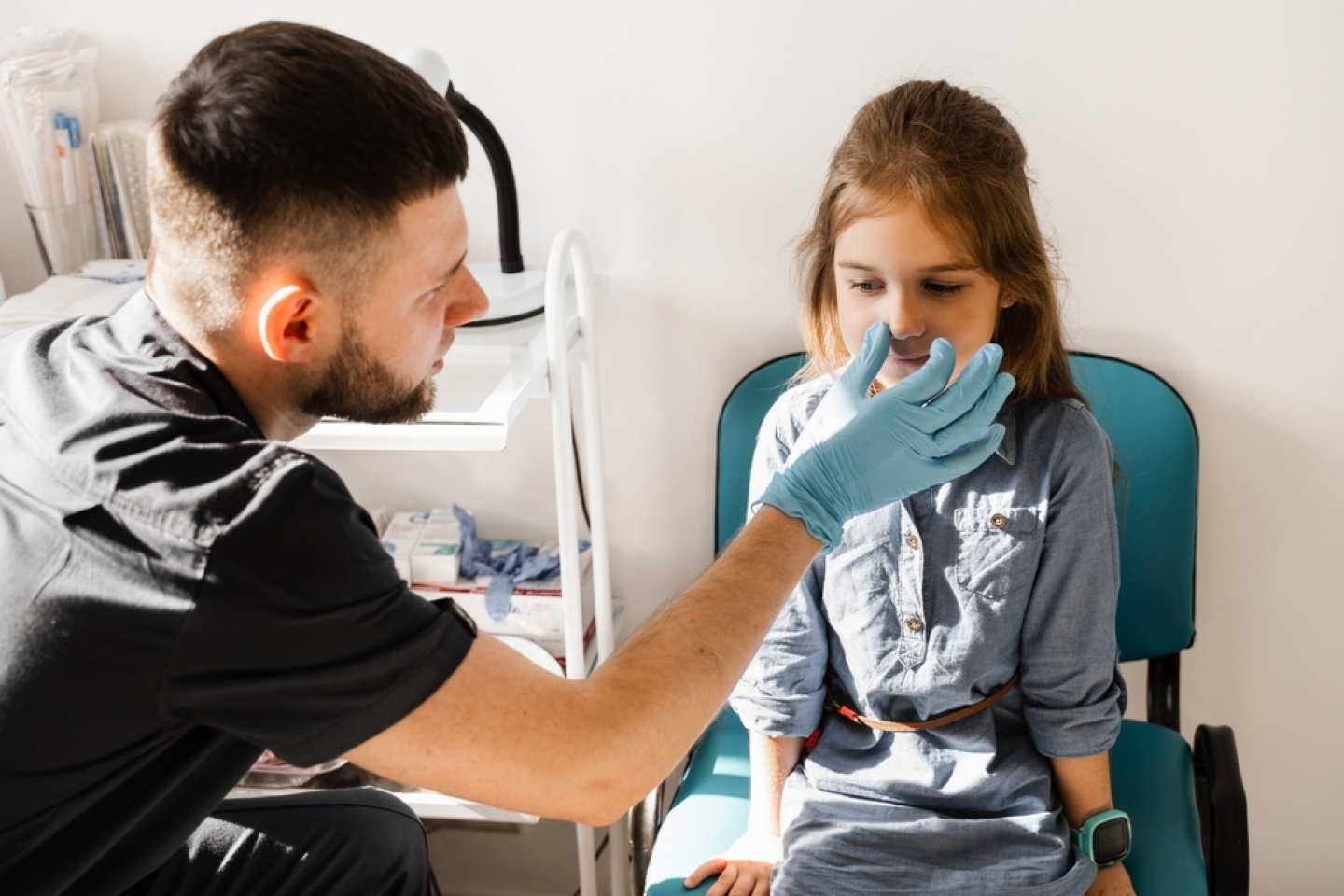
There’s a new arrival at Weill Cornell Medicine that’s making it easier for your gastroenterologist to see what’s happening in your esophagus or your stomach. It’s called transnasal endoscopy (TNE), and it’s performed without sedation. That means you or your child won’t need general anesthesia to undergo the procedure.
“When you undergo TNE without sedation, preparation and recovery times are markedly decreased,” says Dr. Aliza Solomon, an Associate Professor of Clinical Pediatrics and Associate Attending Pediatrician at Weill Cornell Medicine. Patients only need to fast for 2 to 4 hours beforehand, as opposed to a full 8 hours before traditional endocopy with sedation or anesthesia.
“With TNE, we use a topical anesthetic that wears off fairly quickly,” Dr. Solomon says. “And because there is no sedation, you’ll be discharged within 15 minutes of the conclusion of the procedure.
“After anesthesia, recovery time can be variable, but you can still experience drowsiness or disorientation for several hours,” she continues. “By contrast, TNE patients can usually return to work or school immediately.”
All of this translates into a shorter fasting period before TNE and less missed work or school time afterwards.
“We’re using this procedure for follow-up with patients who have eosinophilic esophagitis (EoE), noting any changes or progression,” she says. EoE is an allergic condition that causes inflammation and narrowing of the esophagus.
Investigations are also underway for its use as a way to follow up on other upper GI tract diseases, from acid reflux to abdominal pain stemming from a variety of conditions. It’s also a viable option for people who are at high risk for problems with anesthesia and have a new upper GI tract complaint that warrants endoscopy.
“We’re offering the procedure for patients 14 and up,” says Dr. Solomon, “but special consideration might be made for a younger child after screening.”
Because there is no sedation, “a patient actually participates in the procedure—mainly by sitting still. We use Virtual Reality goggles (you can bring your own or we’ll provide a kit) to distract you during the procedure. You can choose from a variety of options to watch during the TNE, and the goggles prevent you from seeing what’s occuring in the room. This minimizes anxiety and apprehension and allows me to perform the procedure effortlessly.”
To minimize discomfort, a topical anesthetic is squirted into the mouth and nose that works in under 2 minutes to numb the area, she explains. Patients may experience a small amount of pressure during the procedure, but the anesthetic prevents them from experiencing pain. “The VR also helps!”
You can find a Weill Cornell Medicine pediatric gastroenterologist who uses the new procedure or a gastroenterologist who treats adults. The American Partnership for Eosinophilic Disorders (APFED) has a specialist finder where you can search for a provider who is offering TNE for EoE.